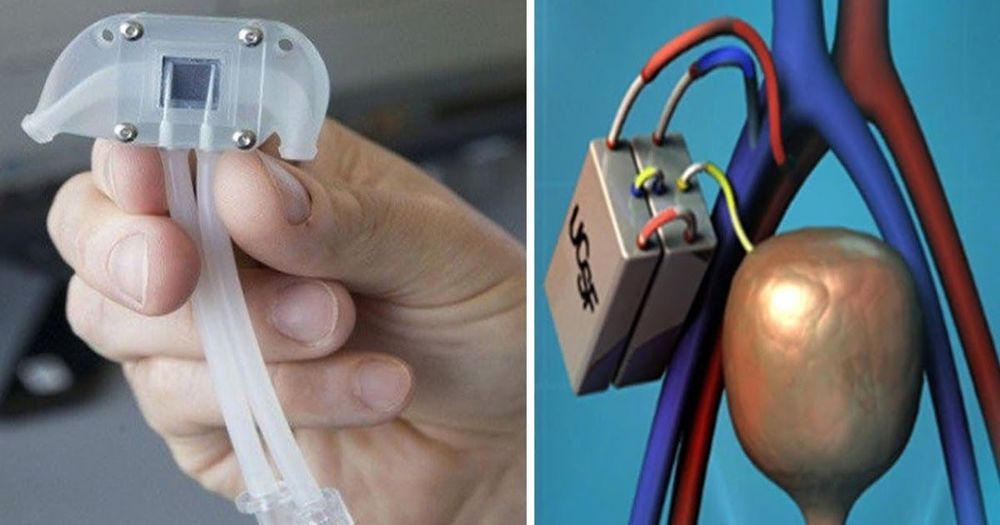CRISPR genome editing is one of the most significant, world-changing technologies of our era, allowing scientists to make incredibly precise cut n’ paste edits to the DNA of living organisms. Now, one synthetic biologist from NASA plans to make it as accessible as a home science kit, so you can bio-hack yeast and bacteria on your kitchen bench.
Get the latest international news and world events from around the world.

Harvard Scientist Reveals List Of Genes And Their Corresponding Superhuman Abilities
George Church is a Harvard scientist that is famed for his plan to bring the woolly mammoth back to life. This genius scientist has also been involved in another project and has been assembling a list of genetic mutations and alterations that could give people longer lives and superhuman powers. We could be on the brink of real-life superheroes!
While some people may think this is just a passing thought, it really isn’t. In fact, Church has even created a spreadsheet which lists the known pros and cons of each gene and what “superpower” they would give. One example would be a specific mutation to the LRP5 gene, which would give the patient extra-strong bones. However, such a power would also decrease buoyancy in water. Other weird and wonderful changes could offer patients resistance to radiation or incredible skills at holding their breath underwater.



First steps taken for vaccine pills
UK scientists have taken the first steps towards creating new vaccine treatments in pill form.
The Cardiff team has made a prototype oral flu vaccine, which unlike standard inoculations does not need to be stored in a fridge or freezer.
They hope it could pave the way for needle-free inoculations for lots of different diseases that would be easier to use in developing countries.

Scientists create innovative new ‘green’ concrete using graphene
A new greener, stronger and more durable concrete that is made using the wonder-material graphene could revolutionise the construction industry.
Experts from the University of Exeter have developed a pioneering new technique that uses nanoengineering technology to incorporate graphene into traditional concrete production.
The new composite material, which is more than twice as strong and four times more water resistant than existing concretes, can be used directly by the construction industry on building sites. All of the concrete samples tested are according to British and European standards for construction.

No more dialysis, Scientists Have Developed A Bionic Kidney!
Many of them must wait for years to get a kidney transplant and live normally, with seemingly no other solution on the horizon. However, there’s finally a light in the dark tunnel – scientists from the University of California at San Francisco, USA, have developed the world’s first bionic kidney which can replace damaged kidneys easily and effectively.

Geordie Rose of Kindred AI presents Super-intelligent Aliens Are Coming to Earth
This was first presented at the June 2017 TechVancouver.
In this presentation, Geordie discusses the transition that will soon take place with regards to advancements in artificial intelligence.
What do you think of what Geordie had to say? Tell us by leaving a comment.
For videos of more presentations, visit: https://www.youtube.com/c/TechVancouverOrg
Follow us on social media channels to see these presentations live:
Twitter: https://twitter.com/techvancouver
Facebook: https://www.facebook.com/techvancouver
Instagram: https://www.instagram.com/techvancouver
TechVancouver.org helps Vancouver technologists expand their knowledge and network in the community. Every month we bring together a set of highly curated leaders & innovators to share their expertise & experiences through 5 minute presentations.
